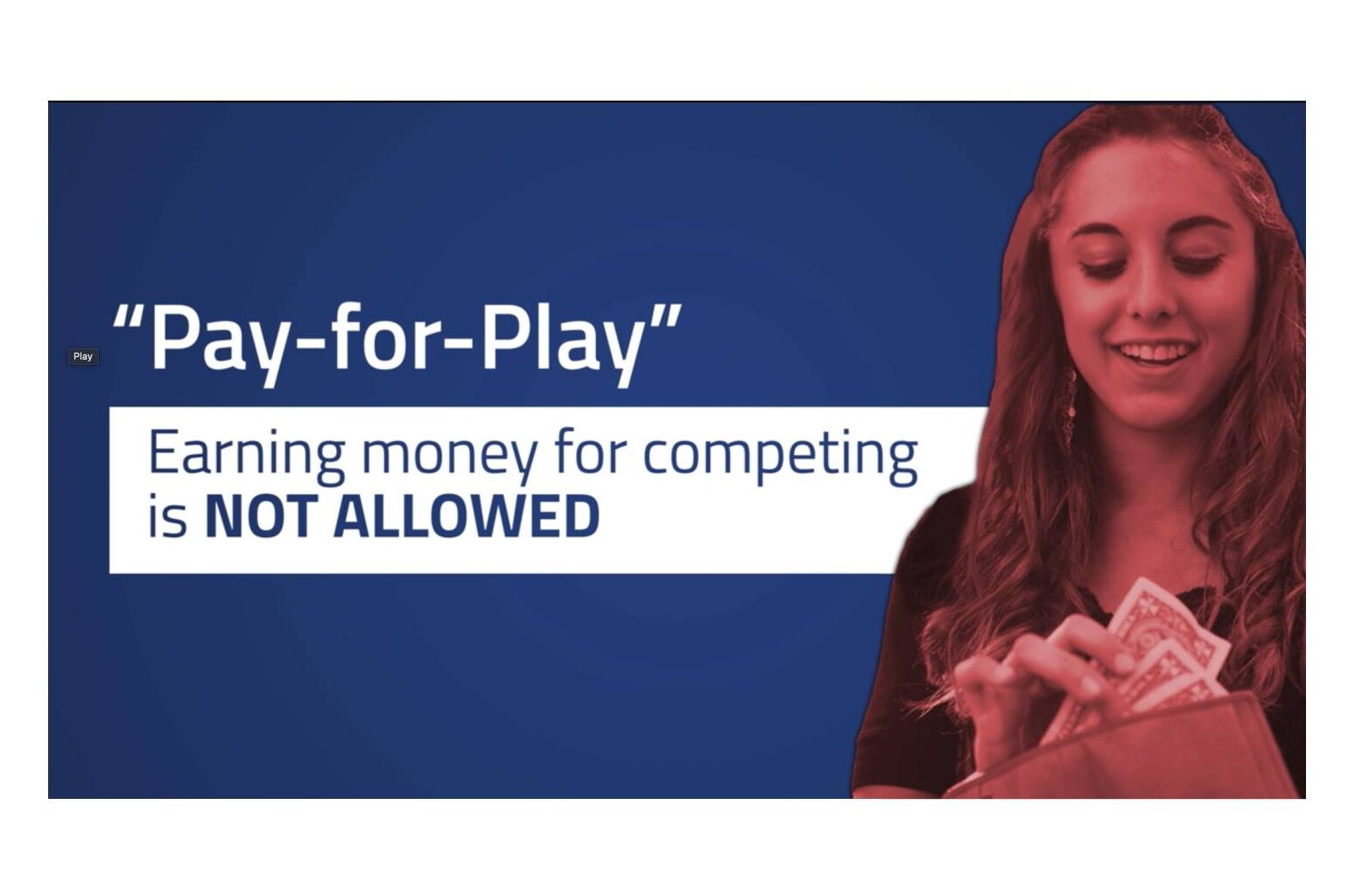As the number of state high school athletic associations that allow Name, Image and Likeness deals for athletes has grown, the need for NIL education seemingly has grown as well.
Yet in all but a few states, players and families are on their own to learn how they can benefit from NIL or perhaps lose athletic eligibility if they make a mistake.
Bill Carter, founder of Student-Athlete Insights, an NIL consultancy that is retained by high school associations and university athletic programs, said that high schools take the position that, while they permit NIL, it is not their responsibility.
“[Schools] can essentially say, ‘We have nothing to do with this,’” said Carter, whose firm is based near Burlington, Vermont. “If there’s a problem and somebody’s going to get in trouble, the rules have been written in a way that would indicate that the coaches, the schools and the ADs are not going to get in trouble.”
Parents — who must negotiate on behalf of their children under age 18— may be unaware of details of policies such as whether athletes can use school facilities in photos that appear in social media or penalties they face if they break rules.
Of the 42 athletic associations (41 states plus Washington, D.C.) permitting NIL deals for high school students, the Shirley Povich Center for Sports Journalism and the Howard Center for Investigative Journalism found only a few that require or even encourage education.
North Carolina has an education requirement. Parents and student-athletes must watch a video created by the National Federation of State High School Associations (NFHS) that defines NIL and offers four modules with general details.
“When we went out to create this course, we were really just trying to stay very fundamental in the sense of, let’s identify what name, image and likeness, what those terms actually mean,” said Dan Schuster, NFHS Learning Center Director.
Other states offer videos and other education material, though there isn’t a requirement for students and parents to watch them.
The Virginia High School League purchased a video course for athletes from Student-Athlete Insights. The Colorado High School Activities Association notes that it receives “NIL advisory support” from Triple Threat Leadership, an Ohio-based education company.
Louisiana requires administrators to take a course from Eccker Sports Group based in Austin, Texas, according to co-founder Randy Eccker.
Delaware maintains a “Frequently Asked Questions” page on its website and has discussed holding optional, virtual town halls for parents, according to Caitlin Finkley, a marketing communications specialist at the Delaware Interscholastic Athletic Association.
While college programs have staffs dedicated to guiding athletes, younger athletes and their parents lack access to advice and knowledge, notes Carter.
“The only thing any high school student-athlete knows about NIL is that it’s permitted or prohibited.”
“The only thing any high school student-athlete knows about NIL is that it’s permitted or prohibited [in their state],” said Carter, who is a member of the Shirley Povich Center for Sports Journalism Advisory Board. “There’s no infrastructure, no NIL marketplace, nobody educating them about what the opportunities are or how to participate. None of that.”

The information deficit is holding back more NIL activity, noted Scott Grant, founder of Triple Threat Leadership. Grant said that 95% of the high school students and parents that he has encountered don’t understand NIL.
“They just think everything’s allowed because that’s what they see,” Grant said.


You must be logged in to post a comment.